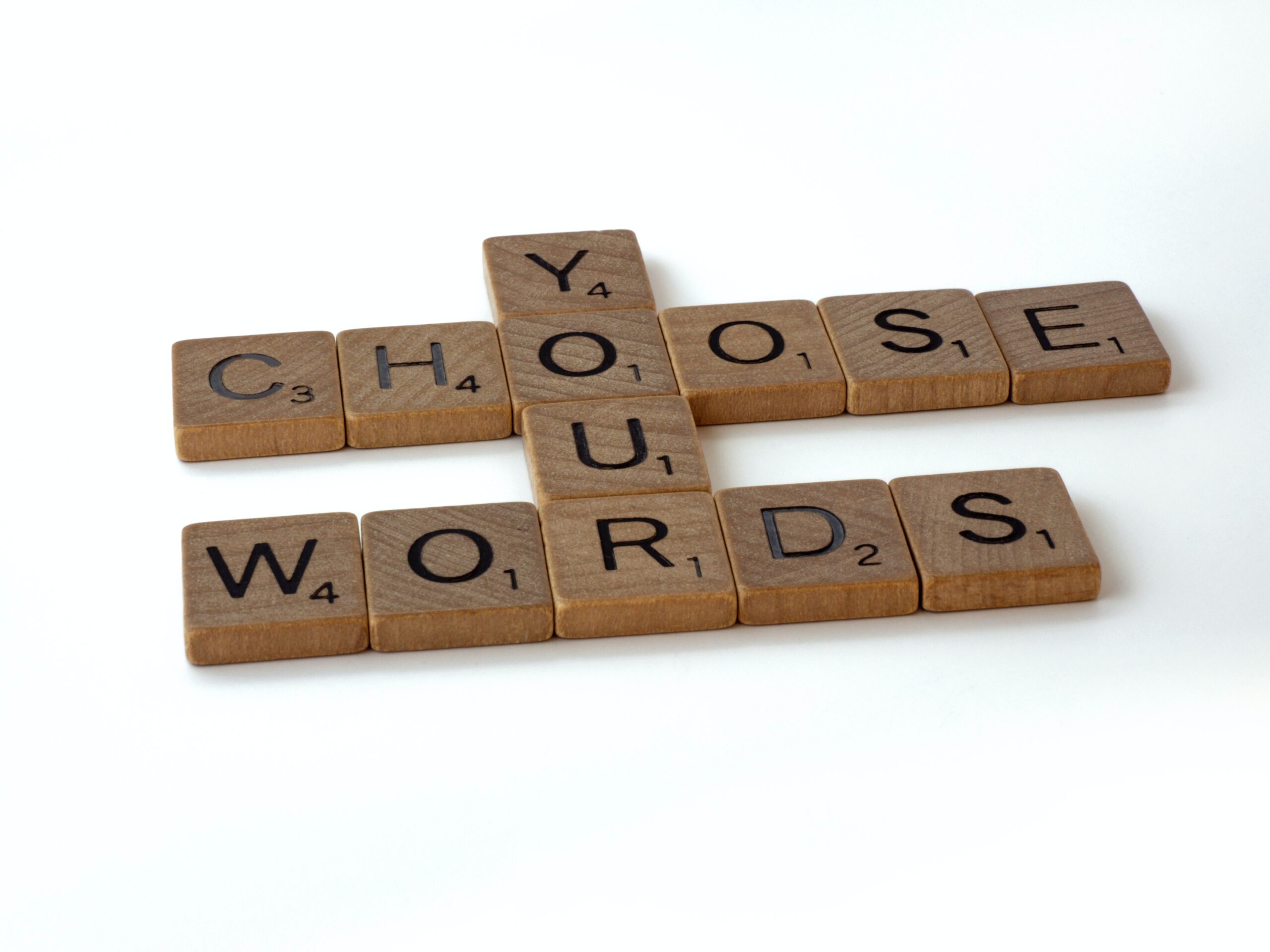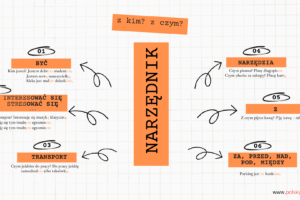
10 Polish Words You Need to Know From Day One in Poland
Just starting to learn Polish or newly moved to Poland? Take a look at our list of 10 Polish words which you need to know. They will not only help you to survive your first days in Poland but also make your stay much easier. The list was created by real expats based on their personal experiences, so even more – worth checking!
- Przepraszam – one of the most common, but at the same time most difficult to pronounce Polish words. Remembering it might be a challenge, but it’s worth an effort, as it has few meanings and is used in a variety of situations. Most frequently used as I’m sorry – przepraszam, when we need to apologize for something or excuse me – przepraszam, when we would like to draw someone’s attention. You can hear przepraszam when someone will step on your foot, as well as when you stand in someone’s way. It will not work in sentences like Sorry to hear that though, here another word, for example, przykro mi, would typically be used.
- Dziękuję (dzięki) – on the podium, equally with przepraszam. You can hear it all the time in longer form dziękuję, as well as in shorter, more colloquial dzięki. Used when we sincerely want to thank somebody, but also when we want to politely refuse. When refusing what was offered to them, Poles will typically say Nie, dziękuję. What may come as a surprise is that dziękuję likes to travel within the sentence and is often being used at the beginning. Refusing a tea may sound Nie, dziękuję but also Dziękuję, nie. Answering question about our wellbeing may sound Dobrze, dziękuję or Dziękuję, dobrze.
- Proszę is – the last one from the top 3. Typically used in the same meaning as please , but will also work as here you go or come in while somebody is knocking on the door. It has a variation with “po” added in the beginning – poproszę and it will typically be used while asking for something, for example, Poproszę kawę.
The three words listed above are great icebreakers, they show the good intentions of the speaker and make a warm, polite atmosphere. If greater emphasis is needed, the word bardzo may be added: bardzo przepraszam, dziękuję bardzo i bardzo proszę.
- Tak / nie – yes/ no– basic of the basics, you will hear it all of the time and it’s worth being able to use it. But be careful, as instead of tak you may often hear no or no tak, which is a more colloquial synonym for yes. It might be very confusing that Polish no means yes, but well… it is how it is:)
- Dzień dobry / Do widzenia – Good morning/ Goodbye will give you + 10 points for your social relations in Poland. These polite expressions used in the hall or the elevator will make your neighbors love you 🙂 It is an official/universal way of greeting. In closer, informal relations rather Cześć will be used.
- Nie mówię po polsku – a bit more than a single word, but worth the effort. I don’t speak Polish may save you in many situations.
- Po angielsku– if someone is trying to talk with you in Polish you may ask them to switch to English by using this expression. To make this request more polite you may add proszę. In fact, from the words in our list, we can fix quite complex sentences for such situations: Przepraszam, nie mówię po polsku. Proszę po angielsku. Dziękuję 🙂
- Pomocy!– last but not least – help! The word you should know in every local language while visiting foreign countries. Hopefully, there won’t be a need to use it, but you never know, better safe than sorry.
Do you agree with such a choice of 10 survival Polish words? Would you add or remove anything?
Check out our offers; Polish Lessons for Companies and Polish language course online



